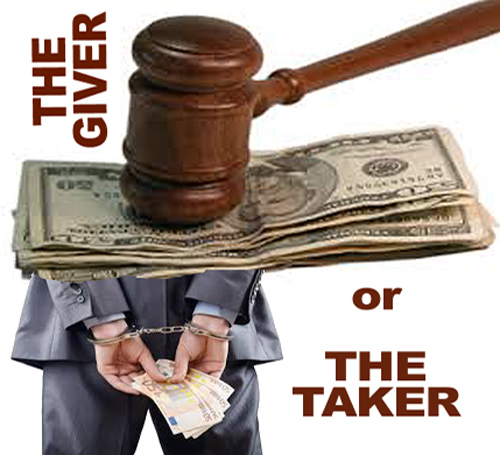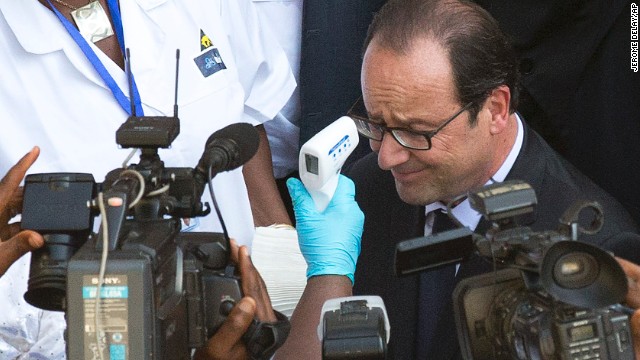 Transparency International’s corruption index for East Africa is depressing, not wholly accurate and therefore more depressing, and becoming increasingly irrelevant.
Transparency International’s corruption index for East Africa is depressing, not wholly accurate and therefore more depressing, and becoming increasingly irrelevant.
The index was released this week and the analysis of sub-Saharan Africa differs little from last year in the aggregate: Africa is still the most corrupt place in the world, and East Africa is among the worst in Africa.
Notable is that Kenya has dropped even further to the bottom (now below Nigeria) and that Tanzania ranks much higher than I think it should. Also notable and unchanged is the positive rating given Rwanda.
The index is a summary of up to 8 other organization’s assessment of a country’s corruption. Several of these are massive and well known institutions like the World Bank and African Development Fund.
Others, like the Bertelsmann Foundation and Political Risk Services International Country Risk Guide are less well known and I think lack some serious credibility. They are often regionally specialized or carry certain political and ideological biases (mostly towards capitalism and oligarchical democracy).
Nevertheless, I think the index as a general tool works. This year, however, it doesn’t work so well for East Africa.
Before I sound like an apologist for evil, there is no question that Kenya is still seriously corrupt. The most recent, egregious scandal to go public emerged last month when a British court revealed huge bribes paid to Kenyan officials for printing documents like … ballots.
This specific story points perfectly to my criticism of TI’s index.
Britain, listed by the index as lily white at 14th of the 176 countries analyzed, is essentially the facilitator of Kenya’s corruption, listed by the index as the dismally 145th.
In other words, if British printing companies didn’t pay corrupt Kenyan officials, then at least in this case there would be no corruption.
Add to this that in many countries, including Britain and in certain cases in the U.S., paying bribes isn’t illegal.
In still another misleading way, Rwanda is shown as the outstanding 5th best of Africa’s 50 analyzed countries, and that may indeed reflect less bribery for ballots. But Rwanda’s insidious support of militias in The Congo is doing far more to destabilize Africa and the world than Kenya.
The irritation I feel leads ultimately to the definition of corruption. It took an Act of the U.S. Congress (the Dodd-Frank Act), numerous judicial appeals and even global litigation to stop Apple from funding Congo warlords through black market schemes perpetuated by Rwanda.
It took a simple UK court to reveal the three Kenyan idiots who took bribes for a single act of corrupt printing. And then, it stopped.
Which is the more egregious? Well, the first sustained a generation of war and millions of deaths and millions more starved and tortured. The second?
I’m not condoning the second, I’m suggesting that TI’s index can lack relevancy.
I am also mystified at how Tanzania improved so much this year, even though the European governments for the first time ever suspended their aid because of growing evidence of corruption, there.
It would take time, but I think a good Ph.D thesis in economics would reveal that TI’s index is linked to economic performance, which does not reflect clean governance.
So overall I accept TI’s assessment that not much has changed in Africa vis-a-vis the world as a whole as regards corruption and good governance.
But enter the details and we might be discovering a very corrupted analysis.
